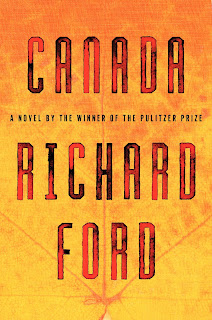New York City is taking up the cudgels against Mayor Michael Bloomberg's proposed ban on the sale of large sugary drinks at restaurants and other places in the city.
The NYTimes solicited the following suggestions from readers: What substances, practices, and persons would they wish to see banned from the city's public spaces, if they had Bloomberg's executive powers. I have highlighted the one's that I would like to be prohibited as well
The list is
here:
Car alarms
Crocs
Bad pizza
Lower back tattoos on women
Unemployment
Passing gas on the subway
Pedestrians with umbrellas that are wider than they are tall
Sidewalk preachers
Fedoras
Applying makeup while driving
Lax oversight of expensive city contracts
Movie ads, in subways and on billboards, that prominently feature guns
Investing city pension assets in the secondary security market
Using the East Side Heliport on weekends
Horseback riding
Republicans
Democrats
Children
Dogs
James Dolan
Kenny G.
Patchouli
Psychics
Eating, if you’re fat
Not eating, if you’re skinny
Plastic shopping bags
Cell yell
Traffic enforcement agents’ cars blocking traffic to write tickets
Cheap plastic fluorescent backlit signs
Killing animals in shelters
Lethal ammunition in the firearms of police officers on patrol
Scam sexual enhancement pills at bodega checkouts
Cab drivers asking you what route you want to take and then debating your choice
Waiters and waitresses sharing their personal feelings about chosen menu items
Ugly doors on architecturally significant schools and public buildings
Public nose picking
Jorts
Ketchup at hot-dog stands
Handbags designed to carry dogs
Stopping to converse in the middle of a busy sidewalk
Transit officials who don’t depend on public transportation enacting route changes and fare hikes
Anyone the mayor met at a cocktail party from running a city agency
Sitting in the window of Starbucks with a laptop, headphones and wearing sunglasses during normal, weekday business hours.
Yankees caps in the colors of other teams
Bottled water
Telemarketing calls to cellphones.
Storefront teeth-whitening shops
Grocery store fliers
Sealed windows in office buildings
Motorcycles without mufflers
Large restaurant entrees
Fat shoelaces
Unprovable statistics
Strollers on public transit
Seventh grade
Sex
Fish with bones in them
Getting old
Poverty
Sarcasm
After-shave
News conferences
Stupid laws
Self-financing of campaigns for public office
Doughnuts
Third terms for mayors












